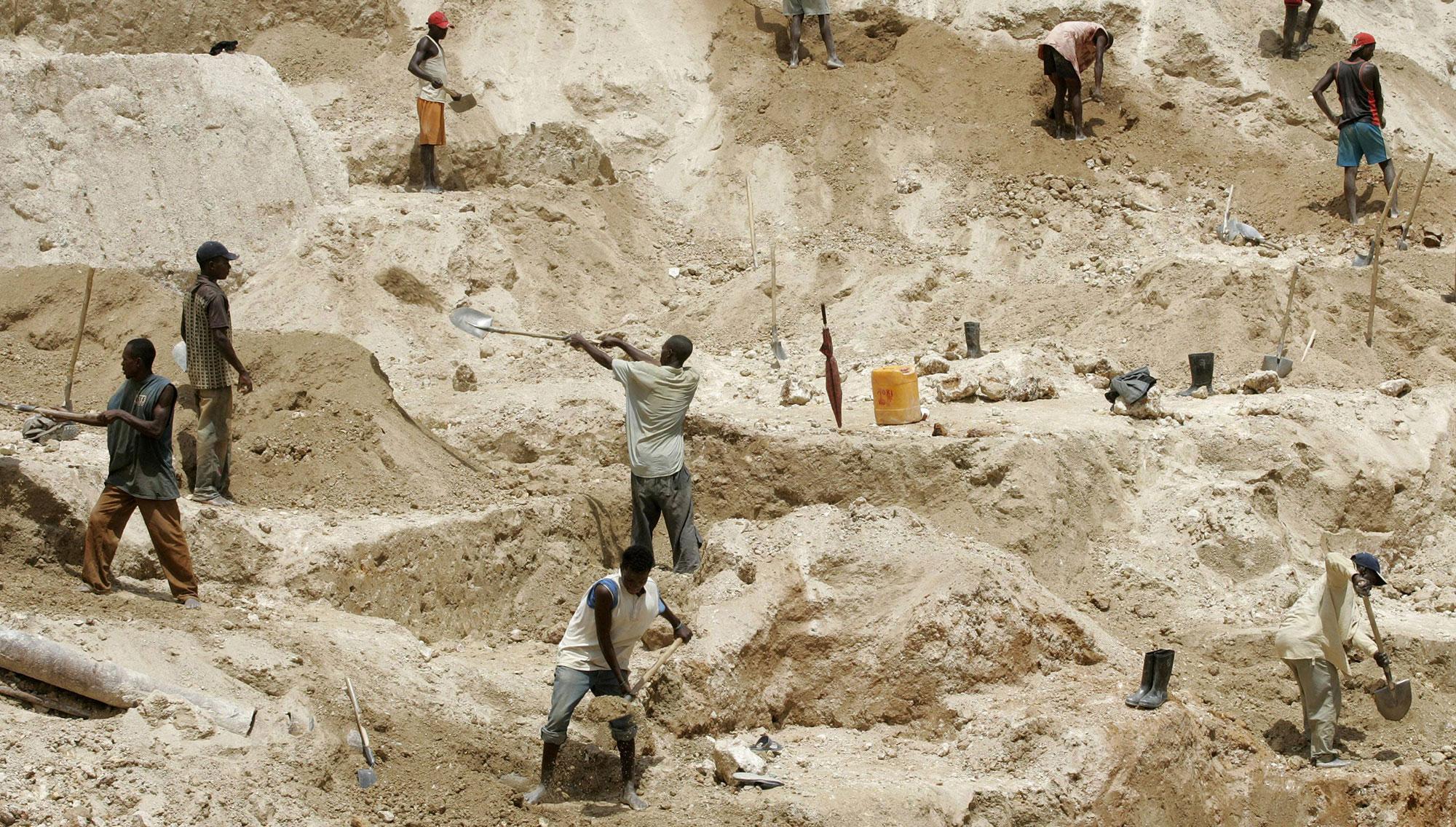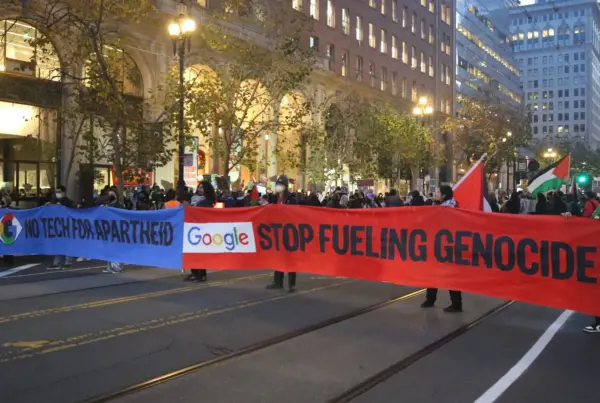As countries are rapidly seeking to move away from fossil fuels and electrify the transportation sector, the demand for cobalt is rapidly increasing. However, the supply of this sought-after mineral presents serious moral dilemmas, making it time to acknowledge the cost of going green.
Gustav Fauskanger Pedersen, 17 December 2021
Chinese version | German version | Russian version
For many, the 2006 film Blood Diamond was undoubtedly the first introduction to the concept of “blood diamonds”: diamonds mined in a war zone, generally under poor labor conditions, in order to finance war efforts, insurgencies, or other illicit purposes. Blood diamonds have played a significant role in a series of brutal and bloody conflicts in Middle and Western Africa – the civil wars in the Ivory Coast, Liberia and Sierra Leone being arguably the most notable examples. Although the UN has tried to limit the illicit diamond trade, this has proven rather insufficient as the trade continues.
Blood diamonds, and similar industries, are only able to function due to corrupt corporations and individuals who disregard human life and welfare in favor of profit maximization. In recent years, another notable trade carrying significant moral dilemmas has emerged, namely cobalt mining in the Democratic Republic of the Congo (DRC).
Cobalt has a long history of being used to color glass and pottery. However, in the 20th century, increased focus has been placed on its other properties. Today, cobalt is mainly used in high-performance alloys and in lithium-ion batteries. As countries seek to reduce emissions, partly through electrifying transport, cobalt prices are expected to soar. In the last year, the price has more than doubled, and with steadily increasing demand, the cobalt industry is likely to thrive going forward.
This forecast should bode well for the DRC, where more than half of the world’s cobalt is extracted. Yet foreign actors, deep-rooted corruption and a devastating environmental and social impact in the DRC seem to result in more harm than good from the cobalt industry.
In January 2021, The Guardian reported that children as young as seven years of age work in unregulated mines with no safety standards. The miners are subject to the immediate threat of the mines collapsing on top of them and of inhaling cobalt-laden dust, which can cause serious illness. Similarly, Amnesty International reported that pollution caused by cobalt mining, which taints both the air and the water, leads to serious illnesses in adults as well as being the likely cause of birth defects in children. Additionally, cobalt extraction requires significant amounts of sulfuric acid, which is also a grave health hazard.
Considering how profitable cobalt mining is, one would expect the DRC, or at least the regions surrounding the large cobalt industries, to be incredibly well-off. Sadly, that is not the case. A leading reason for this is that the people of the DRC rarely own the mines. An example of this is the Mutanda Mine located in the Katanga Province. This mine is the largest cobalt mine in the world and it is largely owned, run and controlled by the Anglo-Swiss commodity trading and mining company Glencore.
An arguably greater issue for the DRC and its cobalt industry, however, is the supply of cobalt mined in so-called artisanal mines. These unlicensed, unregulated mines often employ child labor under horrendous working conditions. Artisanal mines are only operational due to a single company, Congo DongFang International Mining, a subsidiary of Zhejiang Huayou Cobalt which is based in Shanghai. The company sourcing its cobalt from these artisanal mines has allowed the abhorrent conditions to persist. Controversies surrounding these cobalt mines led Apple Inc to entirely stop purchasing hand-mined cobalt in the DRC in 2017.
Chinese investors are highly active in the DRC, with a six-billion-dollar deal being signed in 2007. Pursuant to this deal, the Chinese promised infrastructure projects in return for the DRC handing over certain mining rights to Chinese companies. Recently, it has become known that several of these Chinese investors were involved in a large-scale corruption scandal, which led to the ousting of the chairman of the DRC state mining firm Gécamines. Since 2015 Gécamines has cooperated closely with China Nonferrous Metal Mining.
In addition to ousting the chairman of Gécamines, who also held close ties to the former President of the country and is suspected of having diverted vast sums of public money into the pockets of private individuals, the DRC, with the help of the American government, has recently begun reviewing several mining contracts made under the aforementioned 2007 deal. The contracts have been deemed by the incumbent government as insufficient in benefitting the DRC. The infrastructure projects that the Chinese had promised in return for the mining rights had been lacking both in quantity and in quality, likely due to the corrupt practices of diverting money intended for the projects.
As ever more focus is put on electrified transportation, the US is also scrambling to secure cobalt for its auto industry. On 19 November, the US Congress passed a bill aiming to secure investments of half a trillion dollars for renewable energy and electric cars. As these investments will be reliant on a steady supply of cobalt, the continued dependency on the DRC is highly likely.
With China having secured a large portion of the DRC’s cobalt trade and production, a recent New York Times study has concluded that the US has lost the race to secure a steady supply of the mineral. Hence it is probable that the US will seek to increase its market share in Congolese cobalt. Whether or not the ongoing abhorrent conditions in the DRC cobalt mining industry will factor into the equation by US industry and decision makers, remains to be seen.
The current state of the cobalt industry in the DRC is an echo of the blood diamond trade in Africa, and another example of the exploitation of Africa’s natural resources and people. It is a perfect display of the consequences of not considering every part of the supply chain. There is no doubt that the world needs a rapid green transition, but it is of utmost importance that this does not happen at the cost of the lives, livelihoods and the environment of those who have the least in this world. Unless other alternatives are found, ‘blood’ cobalt remains the unspoken truth of going green.







